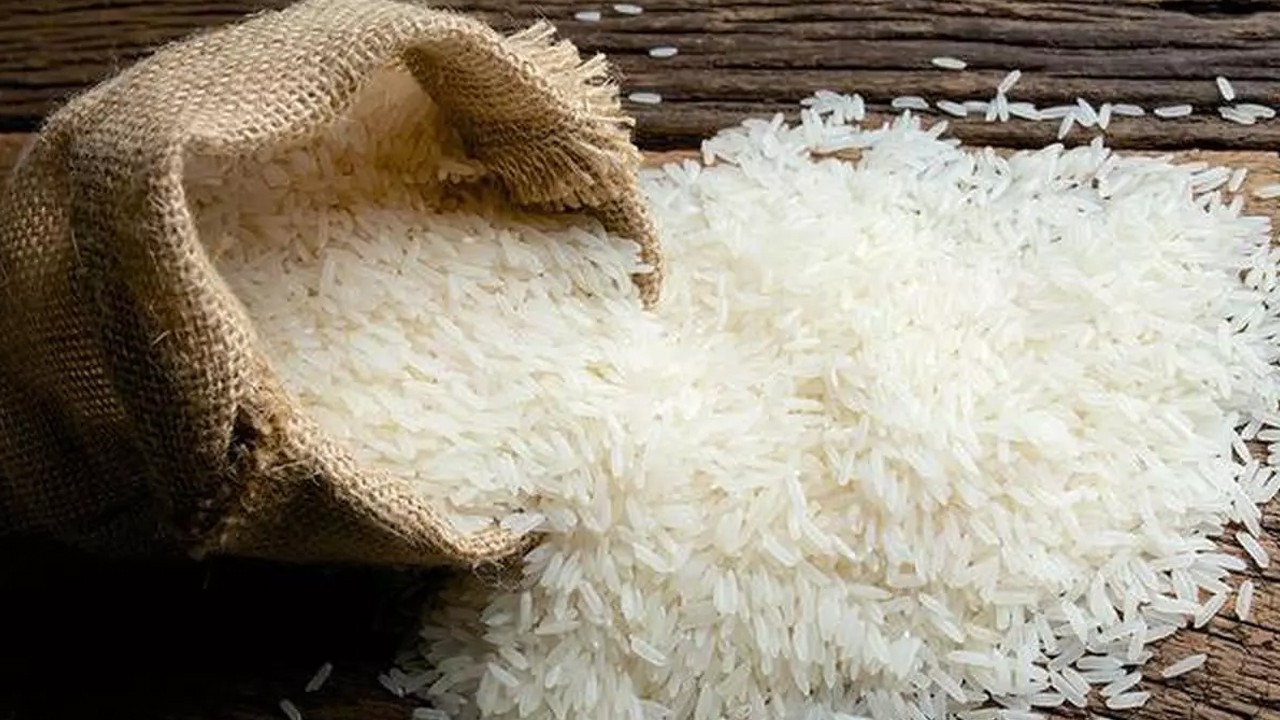Pakistan’s rice exports drop 28% amid policy, regulatory challenges

Web Desk
|
30 Oct 2025
Pakistan’s rice exports fell by 28 percent in the first quarter of fiscal year 2026, raising concerns over the sector’s competitiveness due to policy and regulatory hurdles.
According to the report, total rice exports declined from 991,146 tons to 712,797 tons.
The sharpest decline was seen in Basmati rice exports, which dropped by 45.5 per cent to 137,066 tons, while non-Basmati rice exports fell by 22.1 percent to 575,731 tons, compared to 764,700 tons last year.
Experts say this decline is the result of a combination of financial, exchange rate, and administrative measures that have made Pakistani rice less competitive in the international market — particularly against Indian rice.
Rice analyst Hameed Malik stated that the State Bank of Pakistan’s policies have made export financing nearly 600 basis points more expensive than India’s.
He added that the managed appreciation of the rupee — from Rs 284.70 to Rs 280.85 per dollar during the harvest season — further pushed up export prices.
In contrast, India’s central bank allows a gradual depreciation of the rupee during the crop season, giving Indian exporters a pricing advantage.
Exporters have also criticized the shift from the Final Tax Regime (FTR) to the Normal Tax Regime (NTR), saying it has squeezed their profit margins.
Furthermore, inconsistent enforcement of phytosanitary standards and alleged harassment by the FIA have also been identified as major obstacles.
A representative of the Rice Exporters Association of Pakistan (REAP) said India’s decision to lift its export ban, remove the minimum export price (MEP) for Basmati, and grant zero-rating status to rice exports has tilted regional competition further in India’s favor.
He added that weak enforcement of the Commodity Hoarding Act of 1977 allows hoarding at the start of the harvest season, creating artificial shortages and driving up domestic prices.
The REAP official urged the government to introduce a permanent border trade policy, establish export guarantee and insurance mechanisms, and take strict action against hoarding and corruption to support the export sector.












Comments
0 comment